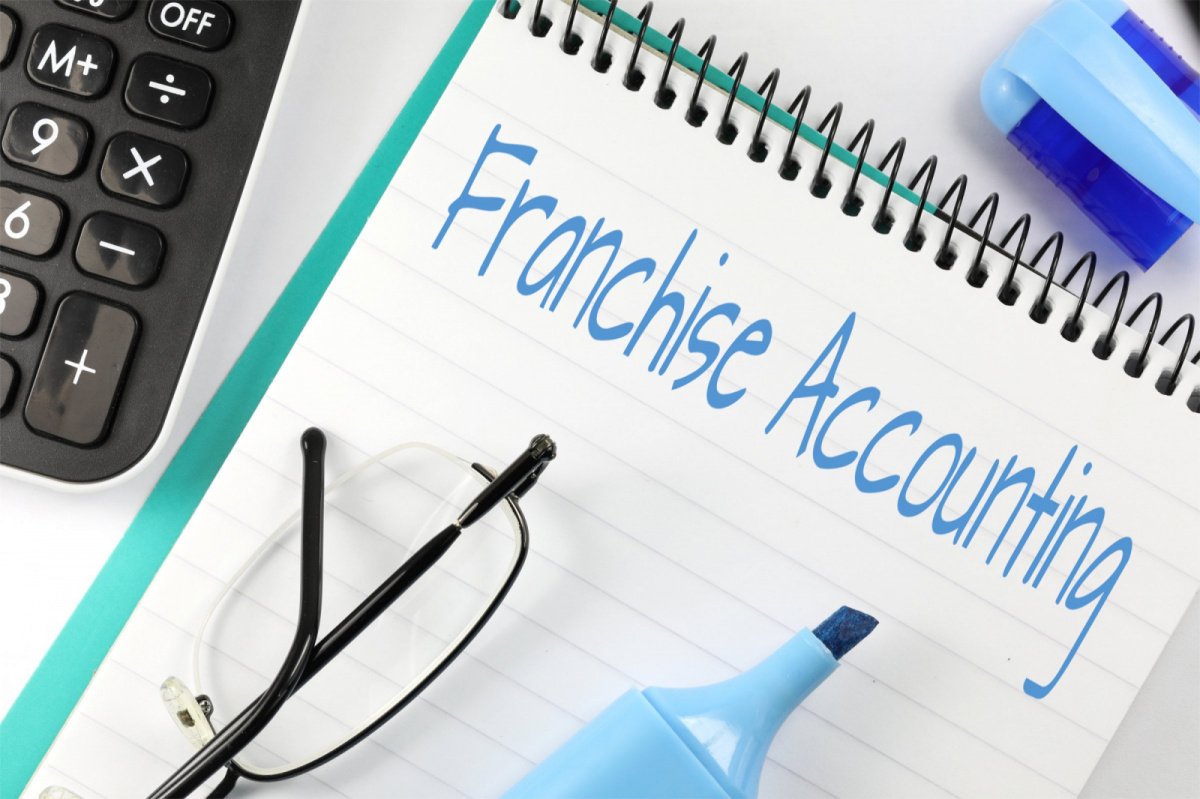Introduction
Franchise accounting is a specialized branch of accounting that addresses the unique needs of franchise businesses. As a franchise owner, understanding the intricacies of franchise accounting is crucial for ensuring compliance, managing finances, and ultimately growing your business. In this article, we will explore the key aspects of franchise accounting, including its importance, best practices, and common challenges faced by franchise owners.
What is Franchise Accounting?
Franchise accounting involves the financial management practices specific to franchise businesses. Unlike traditional businesses, franchises operate under a specific brand and business model, requiring unique accounting methods to accommodate franchise fees, royalties, and compliance with franchisor requirements. Effective franchise accounting not only ensures accurate financial reporting but also helps franchisees maintain good relationships with their franchisors.
Why is Franchise Accounting Important?
- Compliance with Franchisor Requirements: Most franchisors require franchisees to adhere to specific accounting practices to ensure uniformity across the franchise network. Proper accounting practices help franchisees meet these requirements and avoid potential penalties.
- Financial Transparency: Clear and accurate financial records provide franchise owners with insights into their business’s performance. This transparency is vital for making informed decisions and demonstrating the business’s financial health to lenders or potential investors.
- Tax Obligations: Franchise owners must navigate various tax obligations, including franchise taxes, sales taxes, and income taxes. A solid understanding of franchise accounting helps ensure compliance with all tax regulations, minimizing the risk of audits or fines.
- Royalty and Fee Management: Franchisees typically pay royalties and other fees to their franchisor based on revenue. Accurate accounting ensures that these payments are calculated correctly and made on time, maintaining a good relationship with the franchisor.
- Performance Monitoring: Regular financial reporting allows franchise owners to track performance metrics and identify trends. This information is essential for budgeting, forecasting, and strategic planning.
Key Components of Franchise Accounting
- Chart of Accounts: Establishing a chart of accounts specific to franchise operations is critical. This system categorizes all financial transactions, making it easier to track income, expenses, assets, and liabilities related to the franchise.
- Revenue Recognition: Franchise accounting often involves specific guidelines for recognizing revenue. Understanding when and how to record revenue from franchise operations is essential for accurate financial reporting.
- Expense Tracking: Franchisees must track various expenses, including operating costs, royalty payments, and marketing contributions. A detailed record of expenses allows for better budgeting and cost control.
- Cash Flow Management: Monitoring cash flow is vital for franchise owners, ensuring that the business has sufficient funds to cover operating expenses and invest in growth opportunities.
- Financial Reporting: Regular financial statements—such as balance sheets, income statements, and cash flow statements—are essential for assessing the health of the franchise. These reports provide valuable insights into revenue streams, expense patterns, and overall profitability.
Best Practices for Franchise Accounting
- Utilize Accounting Software: Implementing accounting software designed for franchises can streamline financial management. These tools can help automate tasks such as invoicing, expense tracking, and financial reporting.
- Hire a Franchise Accountant: Engaging a certified accountant with experience in franchise accounting can ensure compliance with both accounting principles and franchisor requirements. A professional can also provide valuable insights into financial strategy and tax planning.
- Maintain Accurate Records: Consistently keeping detailed and organized financial records is crucial. This practice not only simplifies financial reporting but also helps in audits or disputes with the franchisor.
- Regular Financial Reviews: Conducting regular reviews of financial statements can help identify trends, assess performance, and make necessary adjustments to financial strategies.
- Budgeting and Forecasting: Developing a comprehensive budget and forecasting future revenues and expenses can guide decision-making and strategic planning.
Common Challenges in Franchise Accounting
- Complex Royalty Structures: Different franchises may have varying royalty structures, making it challenging to determine the exact amount owed to the franchisor. Understanding the specifics of the franchise agreement is essential to avoid errors.
- Compliance Issues: Navigating the compliance requirements of both state and franchisor regulations can be overwhelming. Franchisees must stay informed about any changes in regulations to remain compliant.
- Tax Complications: Franchise businesses often face unique tax considerations, including franchise taxes and sales taxes that vary by location. Staying updated on tax obligations is crucial for avoiding penalties.
- Cash Flow Fluctuations: Many franchises experience seasonal fluctuations in revenue. Effective cash flow management is essential to ensure that the business can meet its financial obligations during lean periods.
- Training and Support: Franchise owners may struggle to find adequate training and support for managing their accounting systems. Seeking resources and support from the franchisor can help franchisees better understand their accounting needs.
Conclusion
Franchise accounting is a vital component of successfully running a franchise business. By understanding the unique financial management practices involved, franchise owners can ensure compliance, monitor performance, and ultimately drive growth. Whether you are a new franchise owner or an experienced entrepreneur, prioritizing franchise accounting will empower you to make informed financial decisions and navigate the complexities of operating a franchise.



